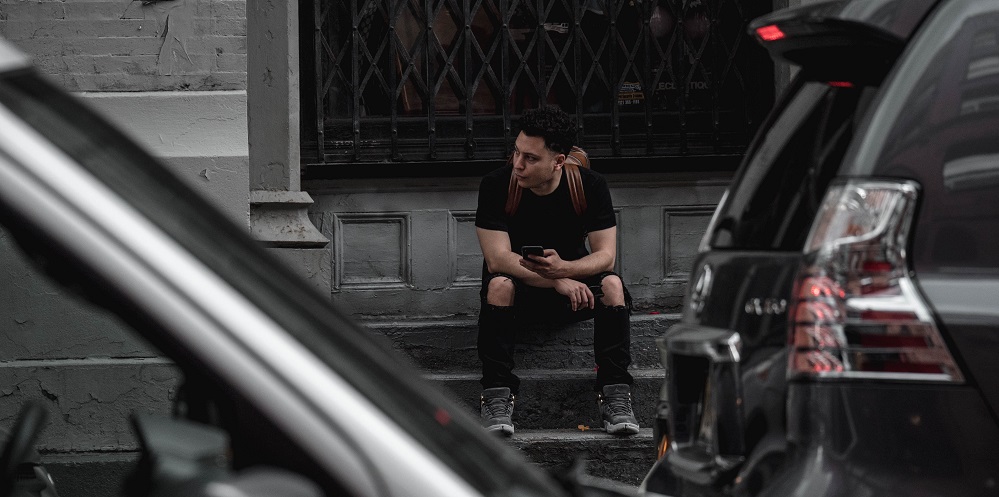Cut Through the Confusion of Buying vs. Leasing

When it comes time to trade in your old clunker for a shiny new model, you might be tempted by the low payments on lease advertisements. Before moving forward, figure out whether it truly makes the most financial sense to buy or lease your vehicle. Here's what you need to know to make the comparison.
Benefits of Buying
When you finance a car, you build equity in the vehicle with each payment. That means when you finish paying off the car loan, the vehicle belongs to you. You can sell the car for its current value, trade it in for an upgrade or drive it until it falls apart.
If you have a long commute or take a lot of road trips, buying makes more sense than leasing because you don't have to stick to a mileage limit. Exceeding the limit on your lease can lead to costly fees of up to 20 cents a mile.
Are you tough on your vehicles? Families with kids or pets (or both) should rarely decide to lease. You'll pay a premium when the lease ends for damage and depreciation beyond normal wear and tear on the car. Leases might also be a bad move for city drivers who have a higher likelihood of parking dents and dings.
If you need to sell your car before the loan term ends, you can do so at any time. However, you may need to repay the bank if you owe more than the car commands on the market. When you need to end a lease, however, you'll be on the hook for thousands in potential penalties.
For best results when you buy a car, shop around and qualify for the best possible interest rate. It might be the dealership if they have a 0% financing deal available; otherwise, credit unions often have the lowest auto loan rates. Your credit score affects the interest rate you'll pay for a car loan, but it can be difficult to qualify for a lease at all with below-average credit.

Lean Toward Leasing
With an auto lease, you're technically renting the car rather than building equity. At the end of the lease, you give back the car or arrange to purchase it through the dealership.
If you want a lower monthly payment and prefer to have a late-model car, leasing might fit your lifestyle better than buying a vehicle does. Most leases last three years, so you won't have to deal with the maintenance and upkeep of an older car. If repairs do arise, they'll be covered under your lease.
When evaluating an auto lease, you'll need to know some common terms. The capitalized cost is the price you'll pay for the car over the term of the lease. Hone your negotiation skills, since you can haggle this cost down at the dealership.
Before deciding on a lease, plug the numbers into a buy vs. lease calculator from a reputable financial institution. You'll be able to see how much you can potentially save by going each route. While leasing is usually more expensive over time, buying may cost more money depending on the make and model, the current economic landscape and other factors.
Look for a lease with a high residual value and low depreciation rate, both factors associated with a lower monthly payment. The money factor can be used to calculate the lease interest rate by multiplying by 2,400.
Remember, if you truly want to optimize your potential wealth, save on interest by paying cash for a modest, reliable used car. If you need a car before you can save several thousand dollars, however, make sure buying or leasing serves your best financial interests before signing on the dotted line.
[insert page='Offer' display='content']
